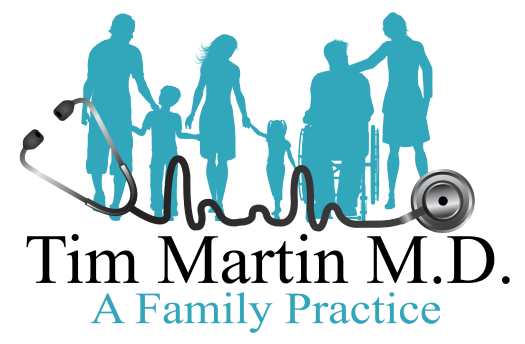Your body has hormones that control most of your bodily functions. The hormones act as the internal communication system between the cells in the body. They are responsible for coordinating everything in the body from growth, digestion to appetite, libido, mood, and immune function. When hormones are slightly off-balance, this can have a big impact on your health and overall well-being.
When hormones drop or become unbalanced, they turn to hormone replacement therapies such as bioidentical hormone replacement therapy to help ease the symptoms. This type of therapy has attracted much attention in recent years as it promises a “natural” solution to all hormone issues. But what is it?
Bioidentical Hormone Replacement Therapy
Bioidentical hormones are artificial hormones similar to those produced by the body. They are used as a treatment for people whose hormones are low or out of balance. Bioidentical hormones are matched to common hormones such as testosterone, estrogen, and progesterone.
Some of the prescription forms of bioidentical hormones are pre-made by drug manufacturers. Others are custom-made by pharmacists as per a doctor’s order, and this is known as compounding. The FDA has approved various bioidentical progesterone and estradiol preparations that are molecularly identical to the hormones produced by the human body.
Why Use Bioidentical Hormones
As a person ages, the level of some key hormones goes down. These include progesterone, estrogen, and testosterone which leads to different symptoms. Some of these are very common to women who are in the menopause stage. Some of these symptoms include:
-Vaginal dryness
-Hot flashes
-Night sweats
-Insomnia
-Loss of interest in sex
-Fatigue
-Mood changes
-Foggy thinking
-Memory loss
-Loss of energy
-Weight gain
Bioidentical hormone therapy is used in menopause to replace the hormones lost in the body. With the treatment, hormone levels increase, and the symptoms improve. The use of bioidentical hormone therapy in the US in women in menopause is very common. According to the North American Menopause Society (NAMS), about 1.4 million women use this therapy. They also note that 40% of all prescriptions for hormone therapy are for women in menopause.
Bioidentical hormones for menopause are available in pills, creams, patches, gels, implanted pellets, and shots. Your doctor determines the best method for you. Their doctors closely watch patients on this hormone treatment, and their doses are adjusted according to the patient’s needs and symptoms. Talk to your doctor about bioidentical hormone therapy for menopause and get to know as much as you can about the treatment before you start on it.
